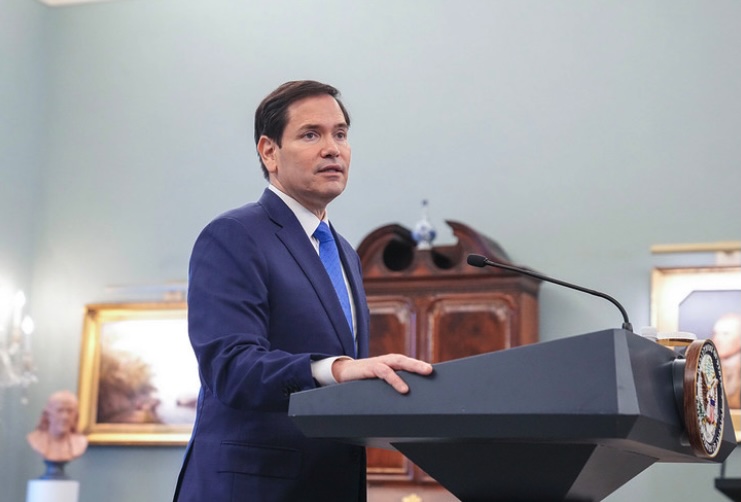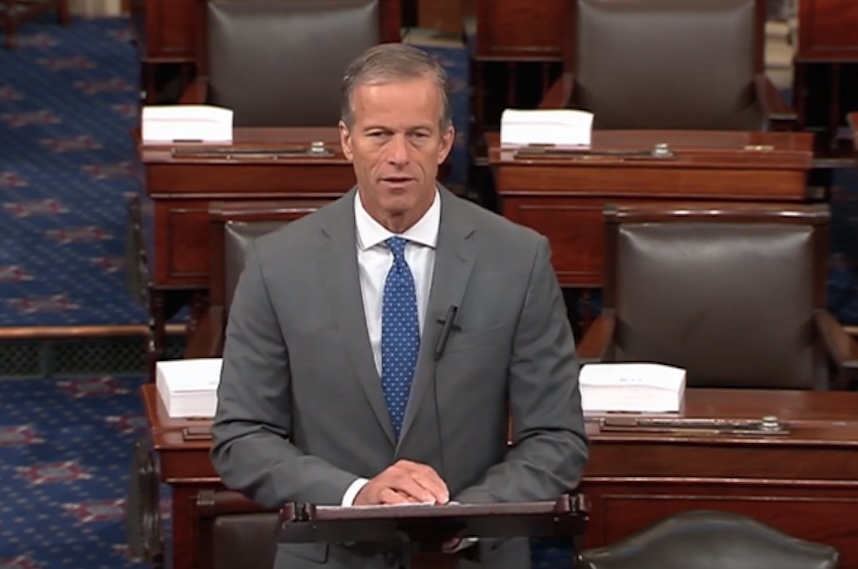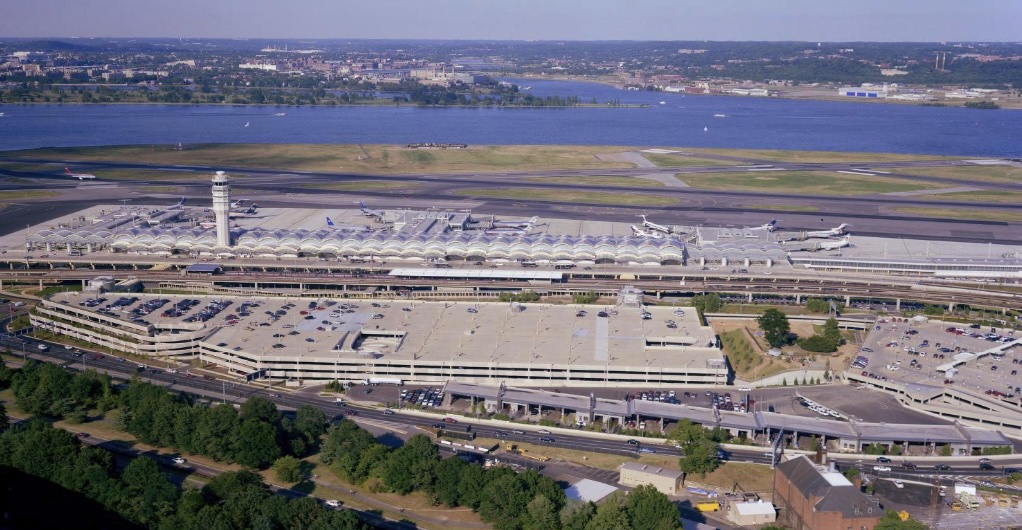Sanctions on Assad and extremist groups remain as Washington weighs diplomatic options
The U.S. has lifted broad sanctions on Syria following the fall of the Assad regime in December 2024 and the rise of new leadership under Ahmed al-Sharaa. The executive order, announced during President Donald Trump’s visit to the Middle East, is intended to help stabilize the nation after years of conflict. Sanctions will remain in place against former President Bashar al-Assad, his associates, terrorist groups like ISIS, and others tied to human rights abuses or chemical weapons.
The president’s order directed Secretary of State Marco Rubio to review Syria’s designation as a state sponsor of terrorism and assess whether sanctions under the Caesar Act should remain. That act is a statute the president signed into law in December 2019 that sanctioned the Assad regime.
Officials, including Secretary Rubio, have warned of the risk of renewed conflict if the U.S. fails to engage with Syria’s transitional government. Shortly after the secretary of state testified before Congress, the Treasury Department lessened some financial restrictions, calling it an initial step toward normalizing ties.
Discussions also raised the possibility of Syria joining the Abraham Accords, a diplomatic initiative from President Trump’s first term promoting regional peace.
As the Lord Leads, Pray with Us…
- For President Trump and administration officials as they assess the result of sanctions and evaluate their removal.
- For wisdom for the president and his advisors as they consider the use of sanctions.
Sources: MSN, Washington Examiner









